The Stone of Destiny is being reunited with a fragment which had been given to Alex Salmond so the entire relic can be displayed in the new Perth Museum.
The piece of stone was broken off by John MacCormick, one of the group who took the historic coronation stone from Westminster Abbey in an audacious raid in the 1950s.
His son, Professor Sir Neil MacCormick, then passed it to the former first minister for safekeeping.
It was feared lost when Mr Salmond claimed in January that he had no recollection of the gift.
The fragment then turned up in a cupboard at SNP headquarters next to the Scottish Parliament.
It will now be assessed by Historic Environment Scotland to verify it is part of the original stone.
Pete Wishart, MP for Perth and North Perthshire, confirmed party chiefs had agreed to his call for the stone to be made whole again.
“I am absolutely delighted that the SNP has agreed to this request, and that the fragment is being passed on,” Mr Wishart said.
“This fragment has its own particular story and will be a fantastic addition to the rich tapestry and mystery surrounding the stone.”
Stone’s unique journey
SNP Chief Executive Murray Foote confirmed the move.
“When Pete first wrote to us, we wanted to do everything possible to ensure that the fragment was given to the new Perth Museum to be viewed by the Scottish public with the rest of the stone,” he said.
“Given its unique journey from its origins to our stewardship, we hope to see it on full display in the near future.”
If the fragment is part of the stone, it will be viewable when the new Perth Museum opens on March 30.
The Stone of Destiny, or Stone of Scone, was taken from Scotland in 1296 by English King Edward I.
It then played a key role in the coronation ceremony of every British monarch since, including the crowning of King Charles III.
A group of four nationalist students removed the 150kg Stone of Destiny from Westminster Abbey in 1950, moving it to Arbroath Abbey where it was found and returned in 1952.
It was finally housed at Edinburgh Castle in 1996 by Lord Michael Forsyth, who was Tory Scottish Secretary at the time.
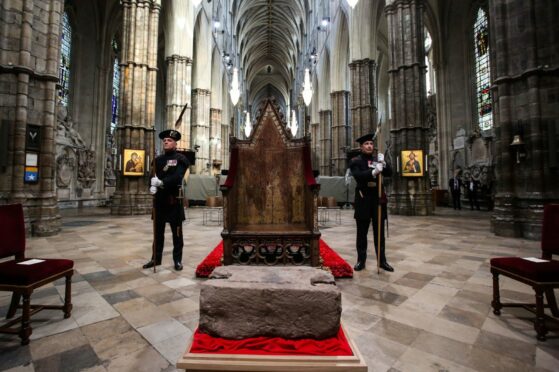
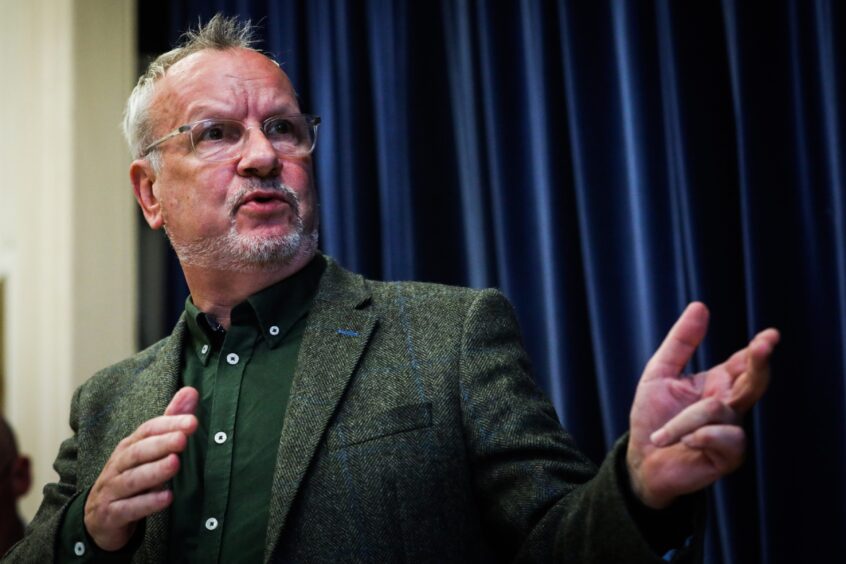

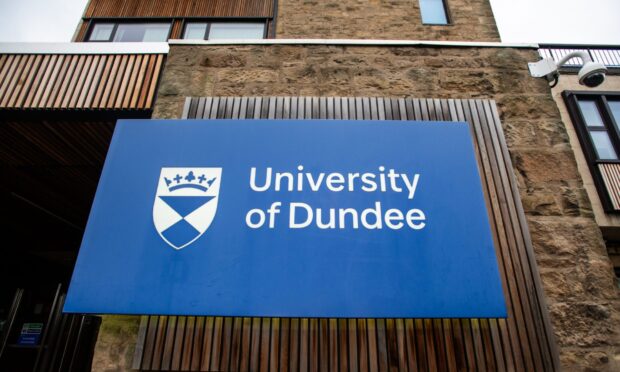


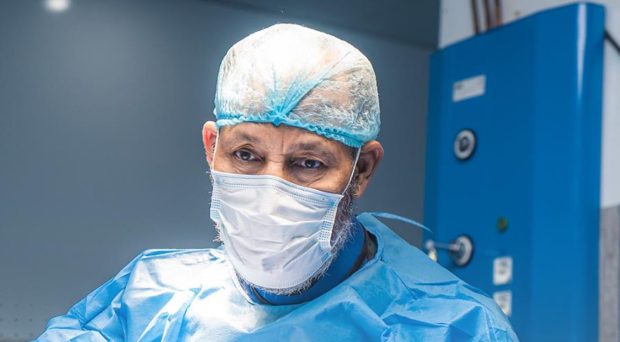
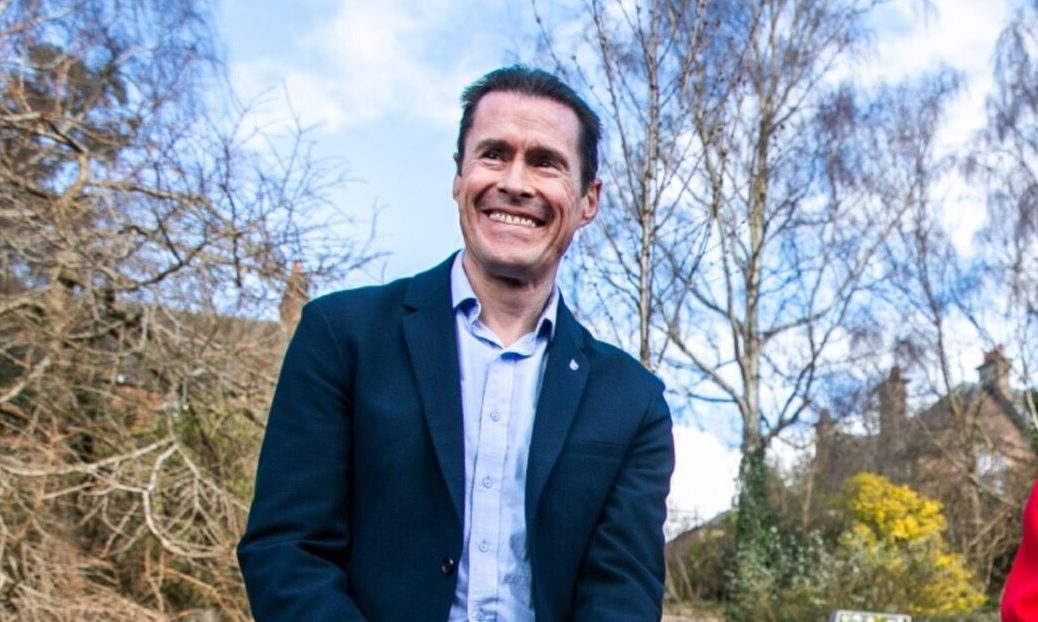
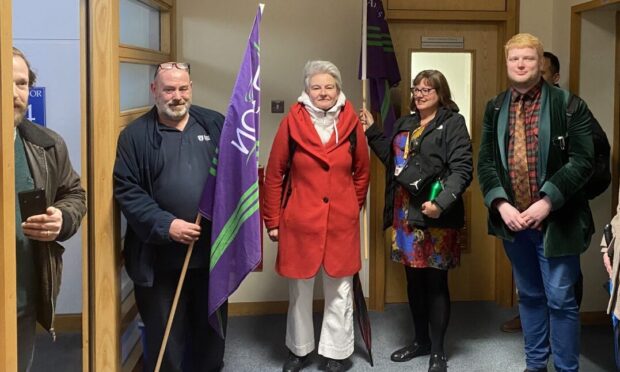
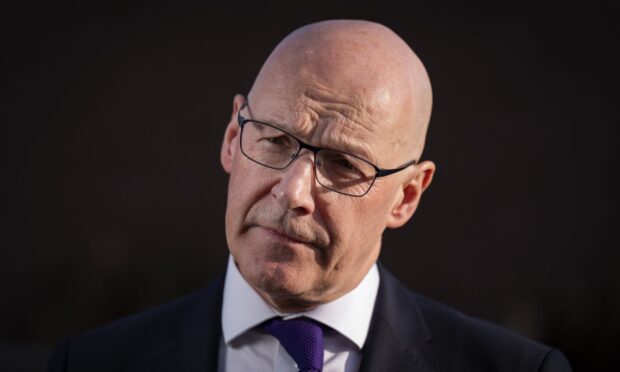

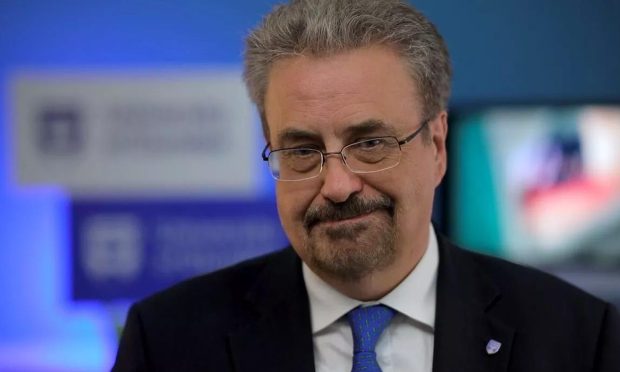
Conversation